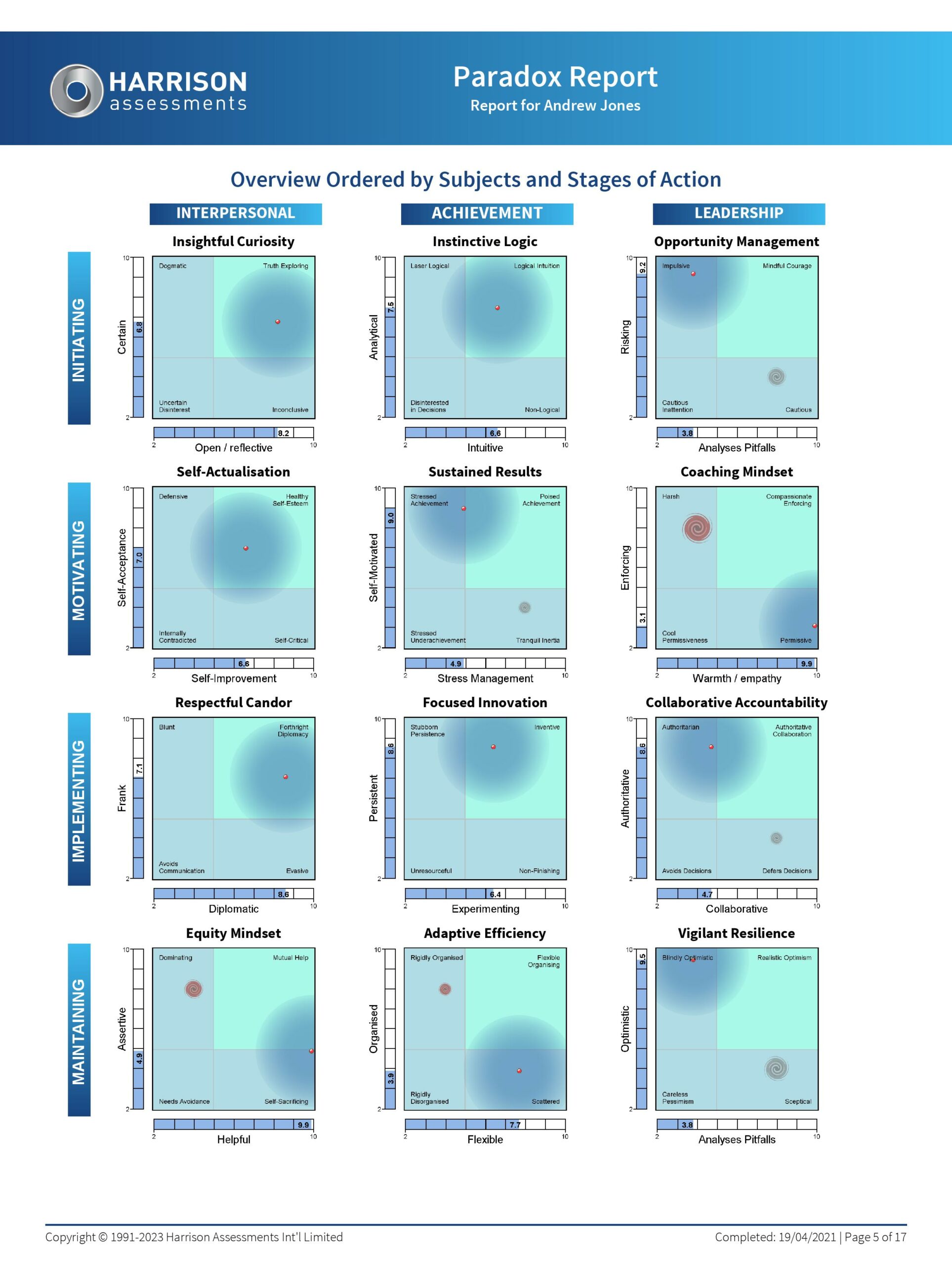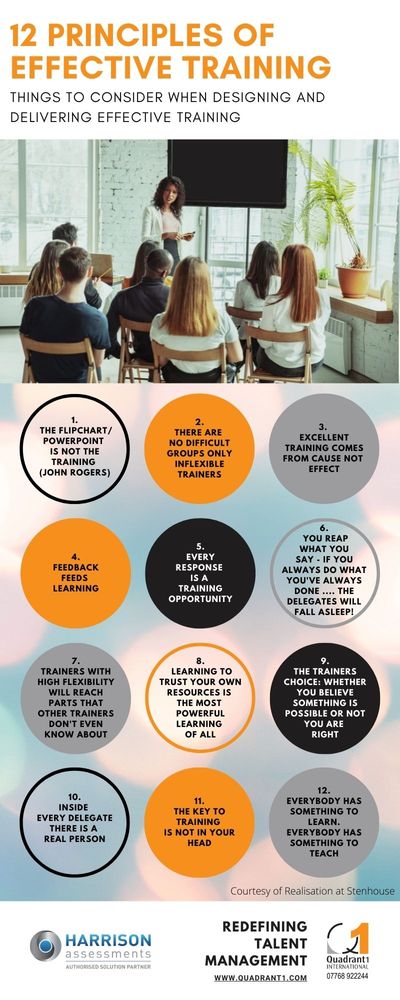TRUST – the reality of this Company/Personal ‘Value’
Leave a Comment When was the last time someone betrayed your trust? I bet you remember it clearly. You will have experienced a series of emotions – first of all hurt then maybe anger, shock, frustration, annoyance at having trusted in the first place or maybe even pity that the person/organization was put in that position in the first place due to unforeseen circumstances. Whatever the emotional reaction there will have been some change in behaviour, however minute. As a result you may have decided –
When was the last time someone betrayed your trust? I bet you remember it clearly. You will have experienced a series of emotions – first of all hurt then maybe anger, shock, frustration, annoyance at having trusted in the first place or maybe even pity that the person/organization was put in that position in the first place due to unforeseen circumstances. Whatever the emotional reaction there will have been some change in behaviour, however minute. As a result you may have decided –
- Never to trust that person/organization again
- Seek revenge or retaliate in some way
- Carry on but tread carefully
- Tell everyone you know this person/organization can’t be trusted in an attempt to protect your circle of employees, friends etc.
Outcome vs Value
So what happened? In his excellent article of 23rd March 2023 Payton Shand advocates that Trust should be an outcome not a value. He argues that everything the company/person does should be geared towards building trust. Trusting without first testing the water would appear to be rather foolish and can catch us out.
It’s probably true to say that we formulate our approach to trust based on our own perception of it – “I wouldn’t do it so don’t expect anyone else to” which can be open to mis-interpretation and mis-understanding.
Often trust is broken when a more important value comes into play. We see this in governments all the time in the form of broken manifestos and in companies when profit is threatened.
Organisational values
Companies often pride themselves in including ‘Trust’ or ‘Trustworthiness’ in their company values but what does it actually mean? The question to ask is ‘if I was to walk round your organization and see everyone behaving in a trustworthy manner, what would that look like?’ Trust me to do what exactly?
- Get to work on time?
- Meet deadlines and targets?
- Not to overspend on budget?
- Be kind and considerate to my colleagues?
- Always own up when something goes wrong?
- Keep my word?
- Keep the office surroundings tidy?
- Call out inappropriate behaviour?
Trustworthiness will very definitely mean different things to different people and will almost certainly be called out when another value takes over. Define it clearly and make it an outcome not a value!
Pat Hutchinson, Quadrant 1 International Ltd pat@quadrant1.com



 The aspect of NLP I love most is its ethos of treating everyone as an individual – no boxes, no labels no norms! Such freedom to develop excellence!
The aspect of NLP I love most is its ethos of treating everyone as an individual – no boxes, no labels no norms! Such freedom to develop excellence!



